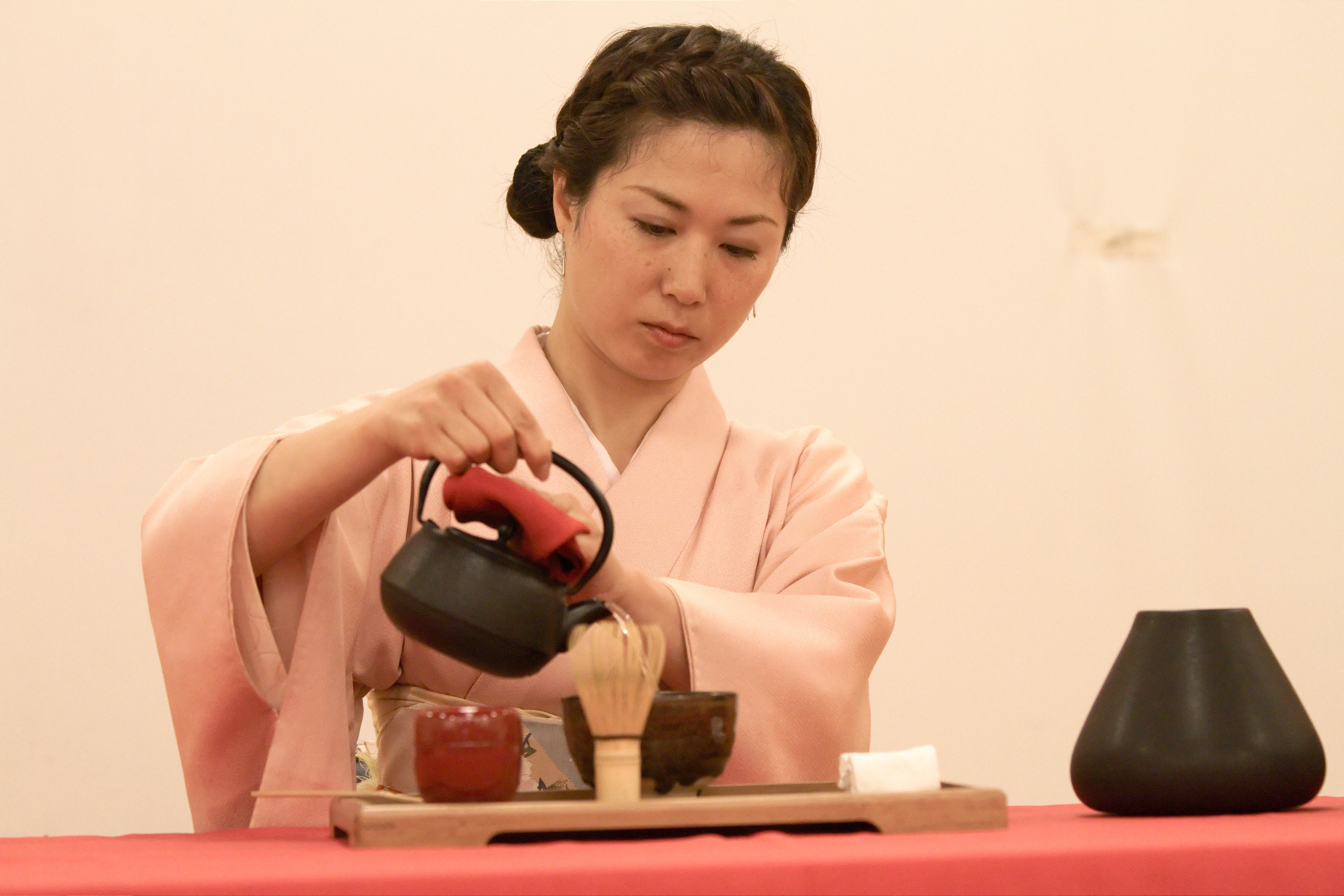|
Seven Necessities
The seven necessities stem from the phrase "Firewood, rice, oil, salt, sauce, vinegar and tea are the seven necessities to begin a day". The items were known as early as the Song dynasty travel book, '' Dreams of the Former Capital''. The Chinese phrase "seven necessities" literally means "開 open 門 door 七 seven 件事 items" when translated, which is an old Chinese saying. They include firewood (柴 chái), rice (米 mĭ), oil (油 yóu), salt (鹽 yán), sauce (醬 jiàng), vinegar (醋 cù), tea (茶 chá). The seven necessities were made popular in modern tea culture Tea culture is defined by the way tea is made and consumed, by the way the people interact with tea, and by the aesthetics surrounding tea drinking. Tea plays an important role in some countries. It is commonly consumed at social events, and ... due to the fact the beverage was mentioned as one of the seven necessities of Chinese life. References External links Chinese Culture Institute * {{cite ... [...More Info...] [...Related Items...] OR: [Wikipedia] [Google] [Baidu] |
Song Dynasty
The Song dynasty (; ; 960–1279) was an imperial dynasty of China that began in 960 and lasted until 1279. The dynasty was founded by Emperor Taizu of Song following his usurpation of the throne of the Later Zhou. The Song conquered the rest of the Ten Kingdoms, ending the Five Dynasties and Ten Kingdoms period. The Song often came into conflict with the contemporaneous Liao, Western Xia and Jin dynasties in northern China. After retreating to southern China, the Song was eventually conquered by the Mongol-led Yuan dynasty. The dynasty is divided into two periods: Northern Song and Southern Song. During the Northern Song (; 960–1127), the capital was in the northern city of Bianjing (now Kaifeng) and the dynasty controlled most of what is now Eastern China. The Southern Song (; 1127–1279) refers to the period after the Song lost control of its northern half to the Jurchen-led Jin dynasty in the Jin–Song Wars. At that time, the Song court retreated south of the ... [...More Info...] [...Related Items...] OR: [Wikipedia] [Google] [Baidu] |
Dongjing Meng Hua Lu
''Dongjing Meng Hua Lu'' () or ''The Eastern Capital: A Dream of Splendor'', is a memoir written by Meng Yuanlao () (). In 1126, Meng was made a refugee from Kaifeng (Dongjing; "Eastern Capital"), the thriving capital of the Northern Song Dynasty, Northern Song dynasty after Jin dynasty (1115–1234), Jin dynasty Jin-Song Wars, conquered northern China and forced the withdrawal of the Song court to the temporary capital, Hangzhou#Southern Song, Hangzhou, in the south, then known as Lin'an. Meng's book is a detailed and nostalgic description of the old capital's urban life, seasonal products, and festivals, as well as foods, customs, and traditions. In later dynasties, the book was much imitated and taken as an authoritative picture of affluent Chinese culture. Nothing else is known of the author, evidently a minor government official, except that he lived in Bianjing () (now called Kaifeng, in Henan province) between the ages of 13 and 27 before escaping to the south. His book was f ... [...More Info...] [...Related Items...] OR: [Wikipedia] [Google] [Baidu] |
Tea Culture
Tea culture is defined by the way tea is made and consumed, by the way the people interact with tea, and by the aesthetics surrounding tea drinking. Tea plays an important role in some countries. It is commonly consumed at social events, and many cultures have created intricate formal ceremonies for these events. East Asian tea ceremonies, with their roots in the Chinese tea culture, differ slightly among East Asian countries, such as the Japanese or Korean variants. Tea may differ widely in preparation, such as in Tibet, where the beverage is commonly brewed with salt and butter. Tea may be drunk in small private gatherings ( tea parties) or in public (tea houses designed for social interaction). Afternoon tea is a British custom with widespread appeal. The British Empire spread its own interpretation of tea to its dominions and colonies, including modern-day regions of Hong Kong, India, and Pakistan, which had pre-existing tea customs, as well as regions such as East Afri ... [...More Info...] [...Related Items...] OR: [Wikipedia] [Google] [Baidu] |
Chinese Tea Culture
Chinese tea culture (simplified Chinese: 中国茶文化; traditional Chinese: 中國茶文化) (''zhōngguó chá wénhuà'', 'Chinese tea culture') includes all facets of tea, both physical and spiritual, that significantly influenced Chinese culture throughout history. Physically, it consists of the history of tea cultivation, brewing, serving techniques, methods of consumption, arts, and the tea ceremony. Tea culture is to take tea as a carrier, and through this carrier to spread various arts. Tea culture is an integral part of the excellent traditional Chinese culture, and its content is very rich. Tea culture is the organic fusion of tea and culture, which contains and embodies the manifestation of a certain period of material and spiritual civilization. Tea culture is the combination of tea art and spirit, and the expression of tea art through Spirituality. It emerged in China in the Tang Dynasty, flourished in the Song and Ming Dynasties, and declined in the Qing Dynasty. T ... [...More Info...] [...Related Items...] OR: [Wikipedia] [Google] [Baidu] |


.jpg)